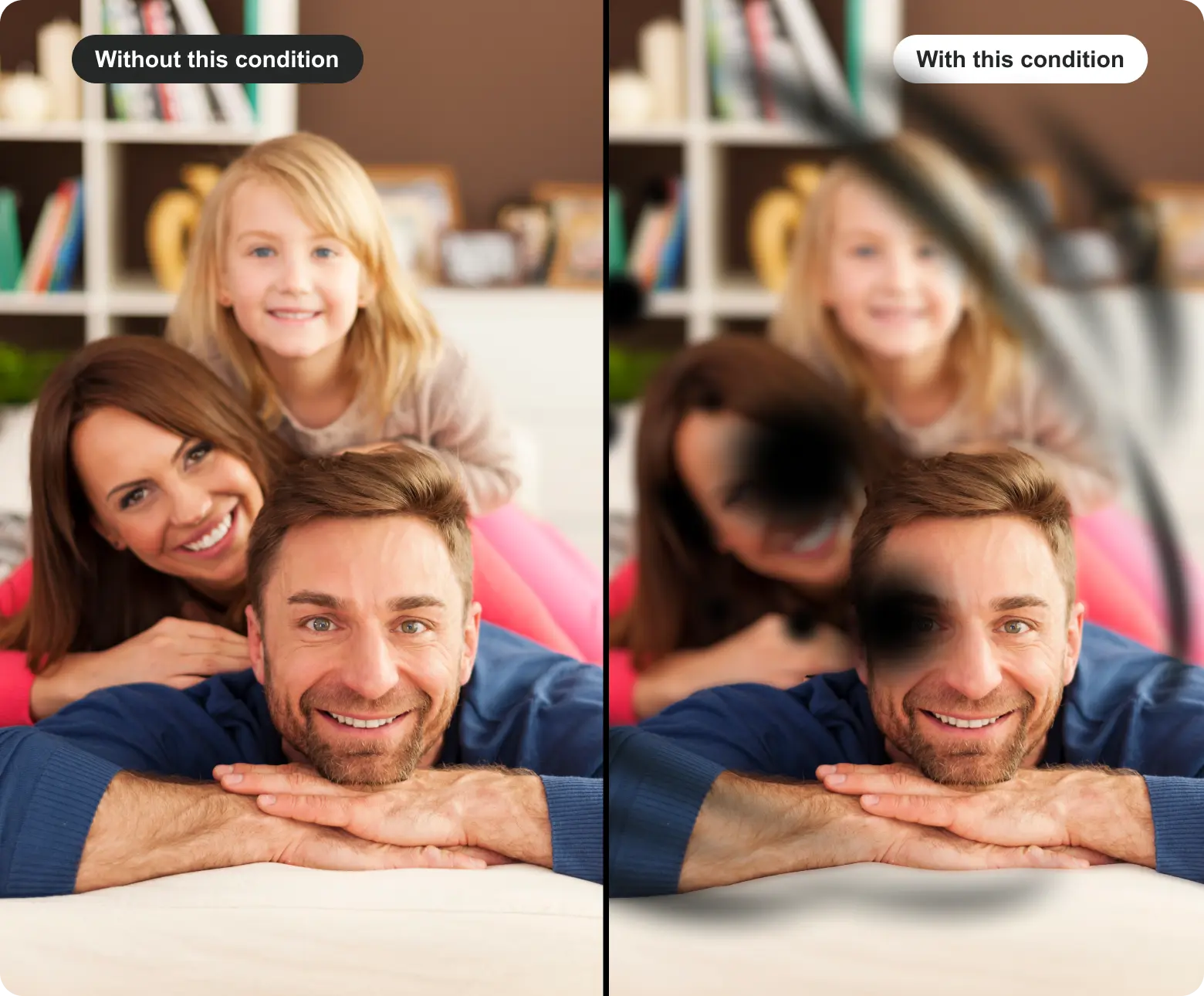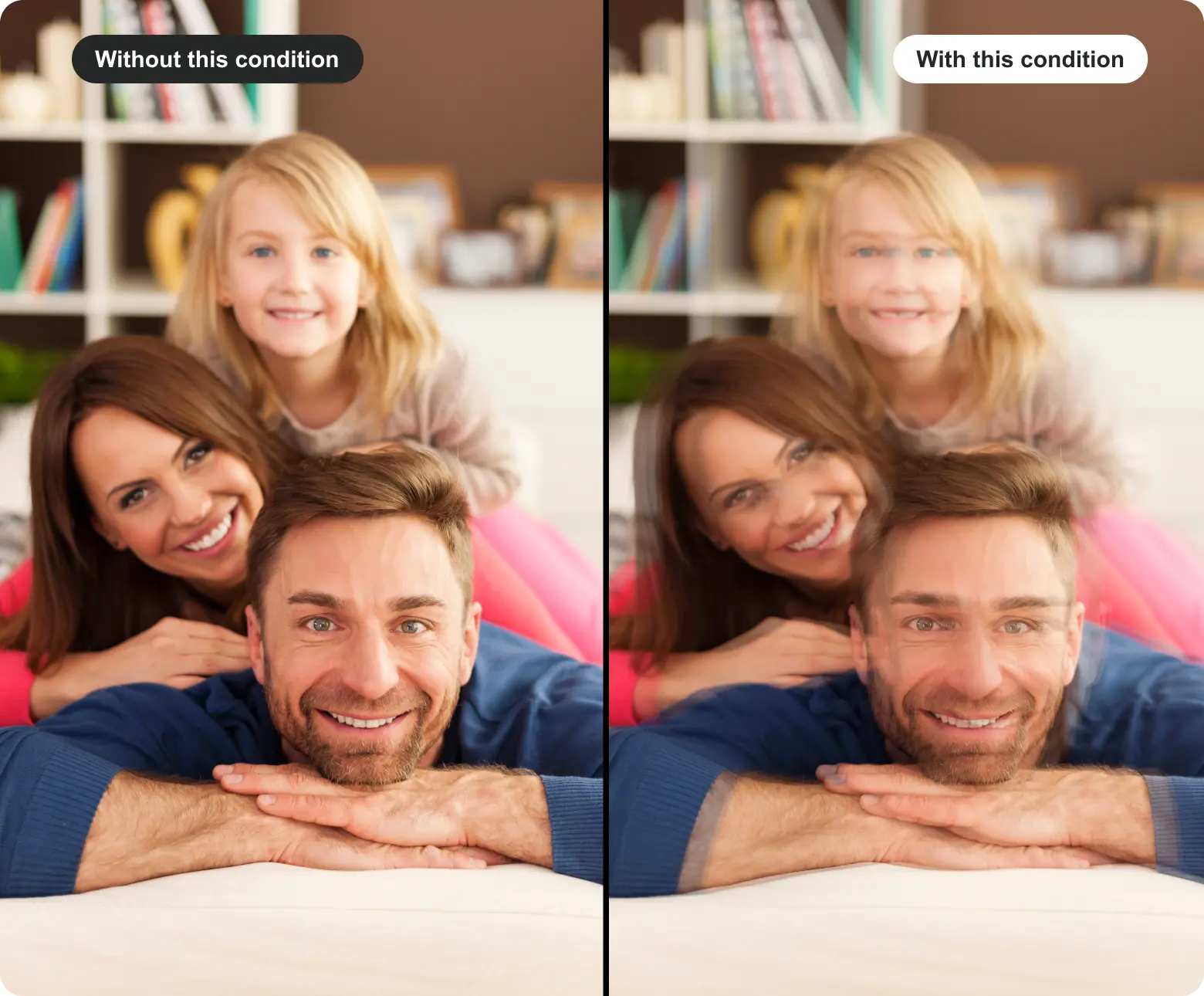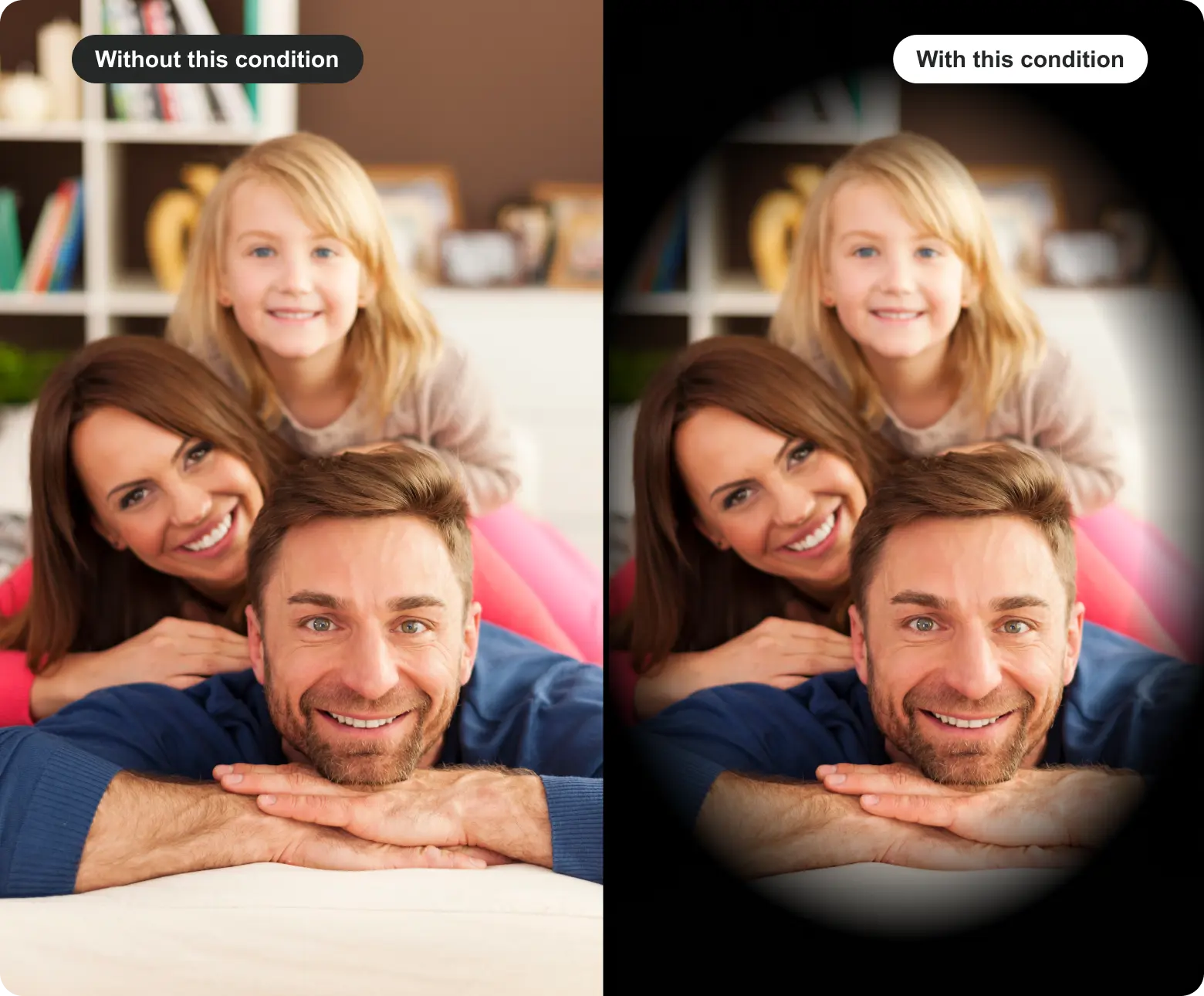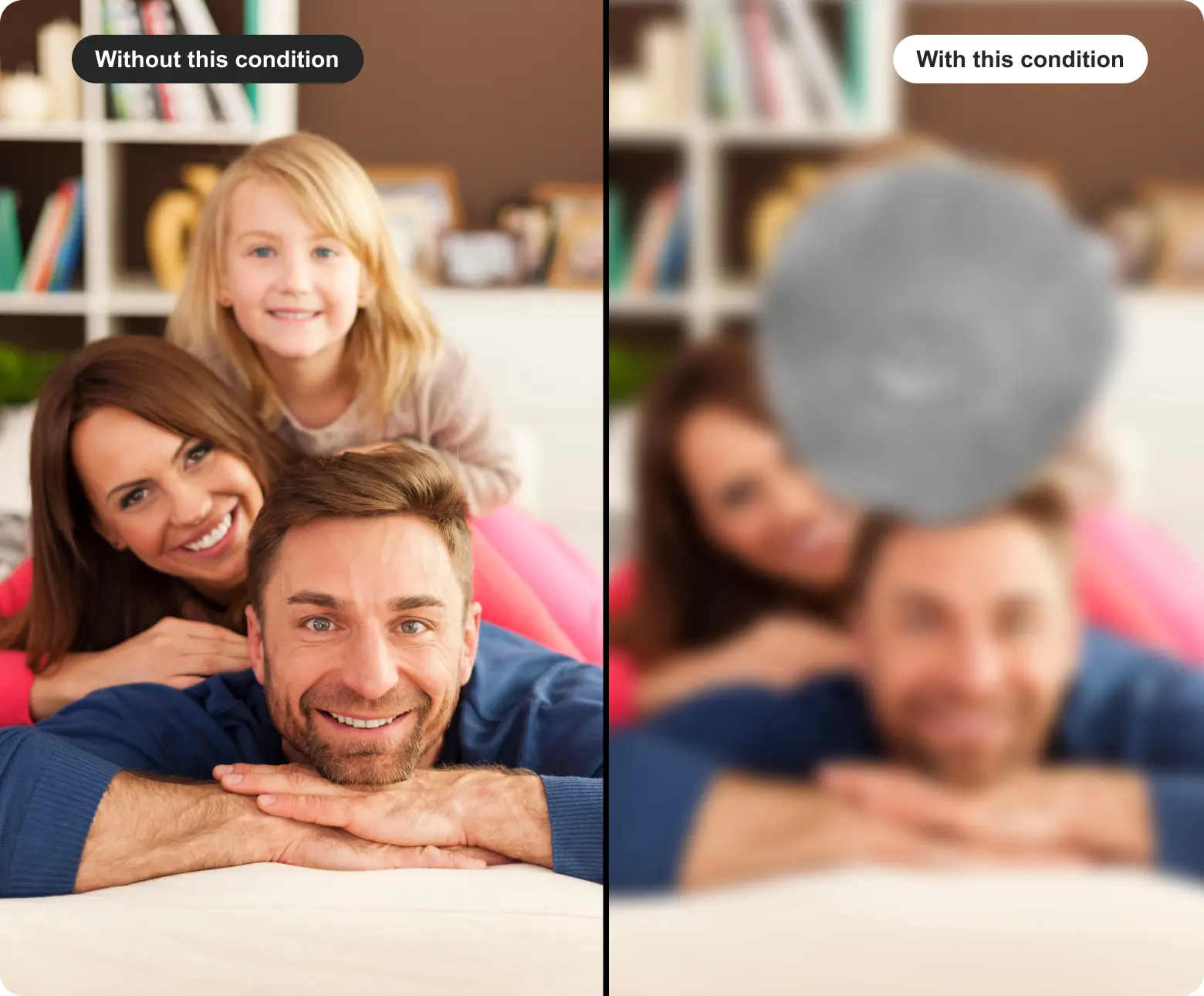Vision Conditions
The Summit County Society of the Blind was founded in 1913 by individuals who were blind to give support to those who were basically shut-ins. The Society began its primary mission to meet the needs of persons with vision loss.

Simulator

Myopia is a refractive error where distant objects appear blurry, while close objects remain clear. It occurs when the eyeball is too long, or the cornea is too curved, causing light to focus in front of the retina instead of directly on it.

Retinal detachment is a serious condition where the retina, the light-sensitive layer at the back of the eye, separates from the underlying supportive tissue. If left untreated, retinal detachment can lead to permanent vision loss.

Strabismus is a condition where the eyes do not align properly, causing one eye to turn inward, outward, up, or down while the other eye focuses normally. This misalignment can lead to double vision, poor depth perception, and amblyopia (lazy eye) if not treated early.

Astigmatism is a refractive error caused by an irregularly shaped cornea or lens, resulting in distorted or blurred vision at all distances. It often occurs alongside other refractive errors, such as myopia or hyperopia.

Glaucoma is a group of eye diseases that damage the optic nerve, usually due to increased pressure within the eye. If left untreated, glaucoma can cause irreversible vision loss and blindness.

Hyperopia is a refractive error where close objects appear blurry, while distant objects remain clear. It occurs when the eyeball is too short, or the cornea is too flat, causing light to focus behind the retina instead of directly on it.

Macular degeneration is an age-related eye disorder that affects the macula, the central part of the retina responsible for sharp, detailed vision. It can cause a gradual or sudden loss of central vision, making it difficult to read, recognize faces, or perform tasks that require fine visual acuity.
